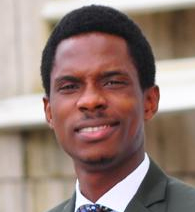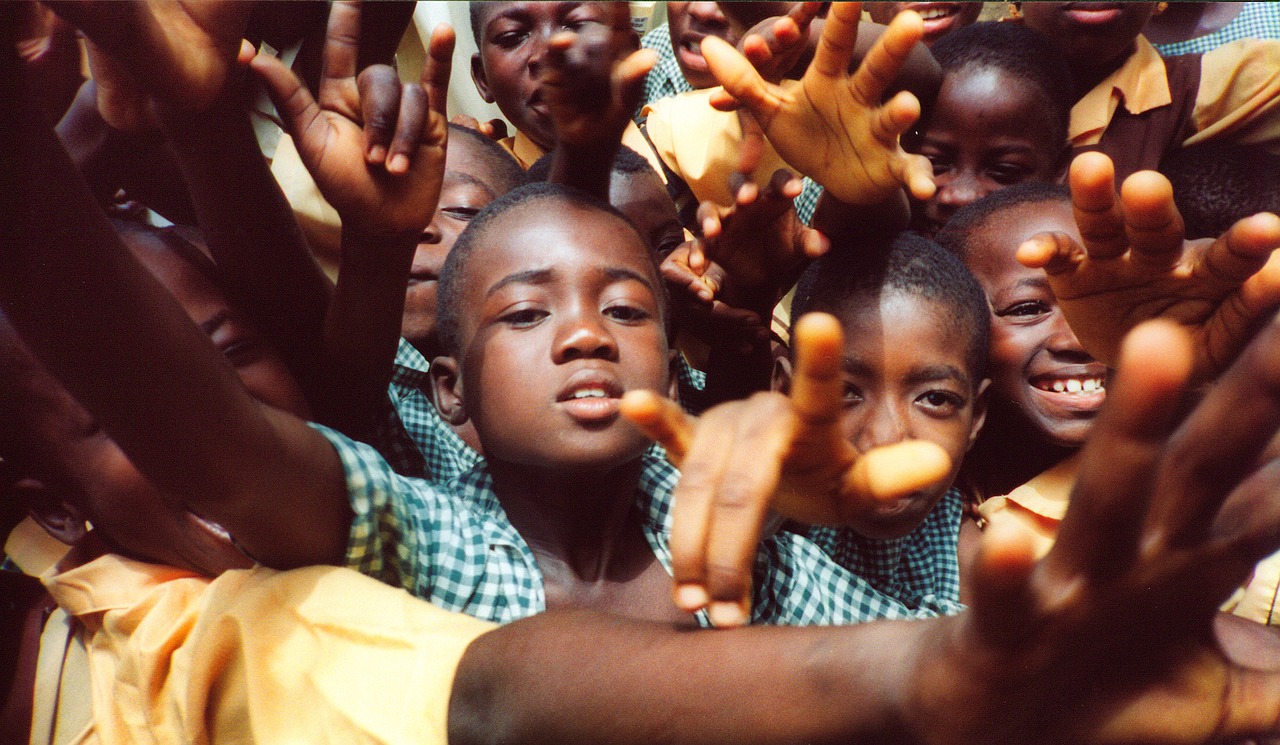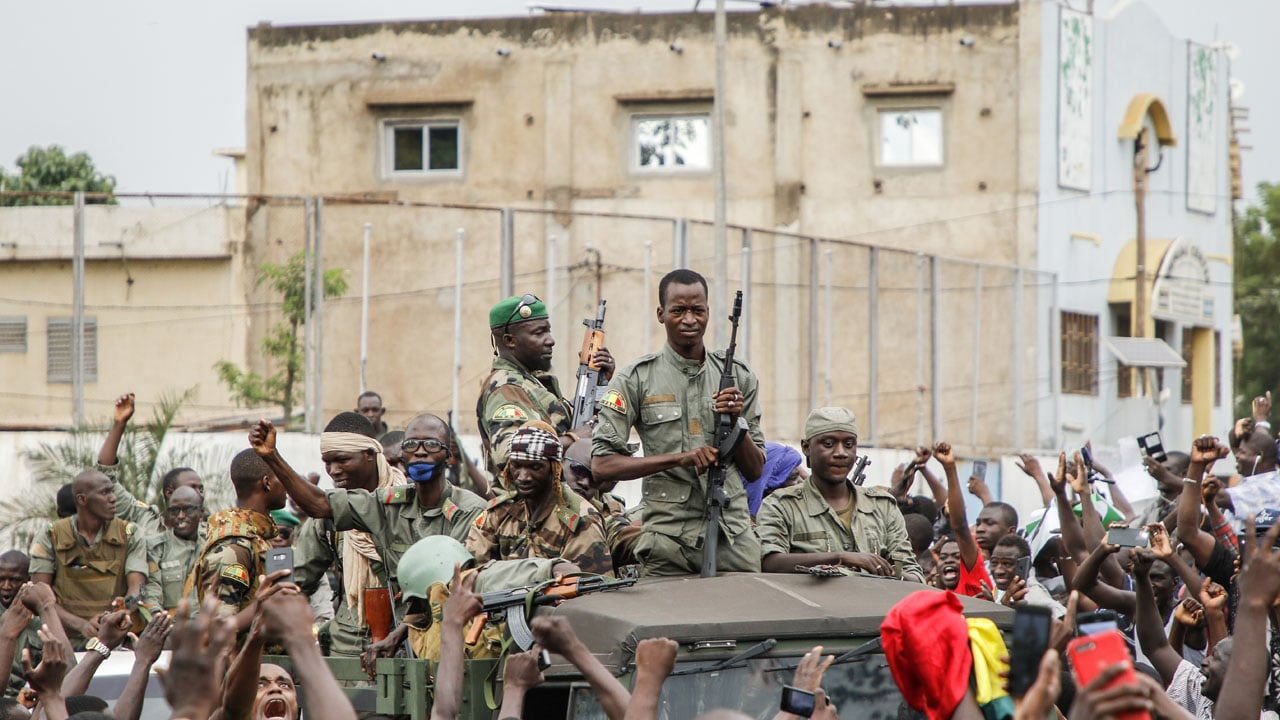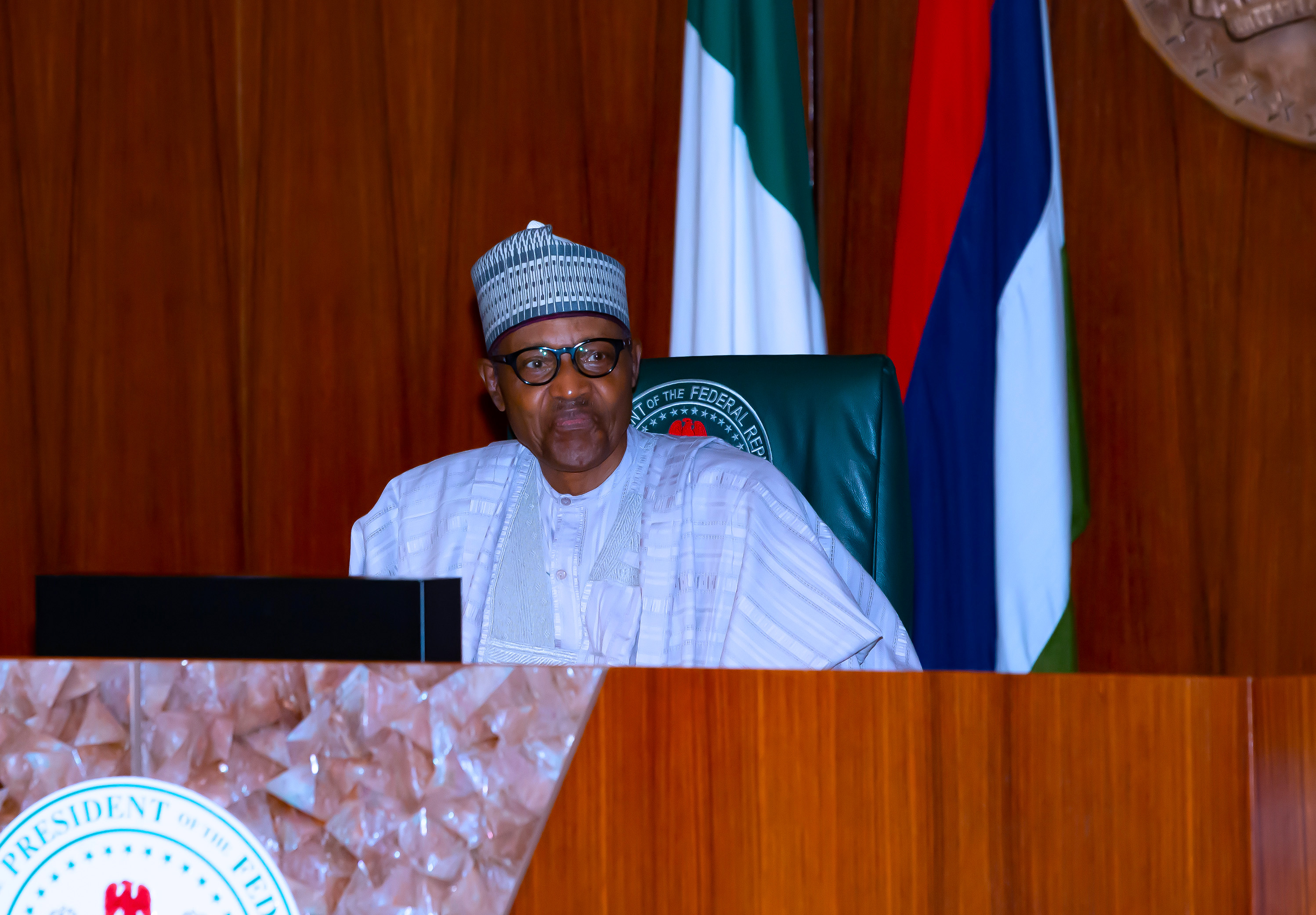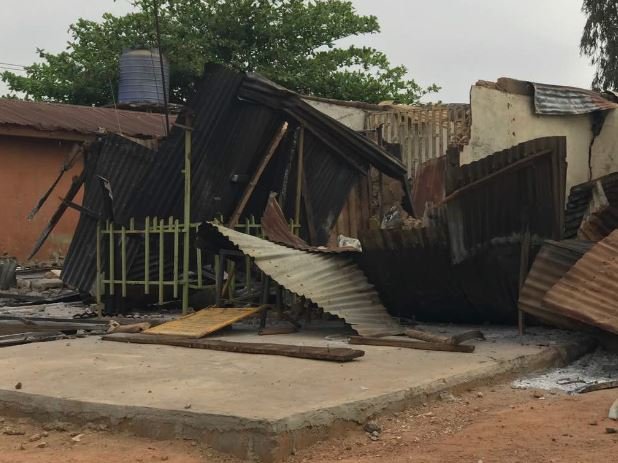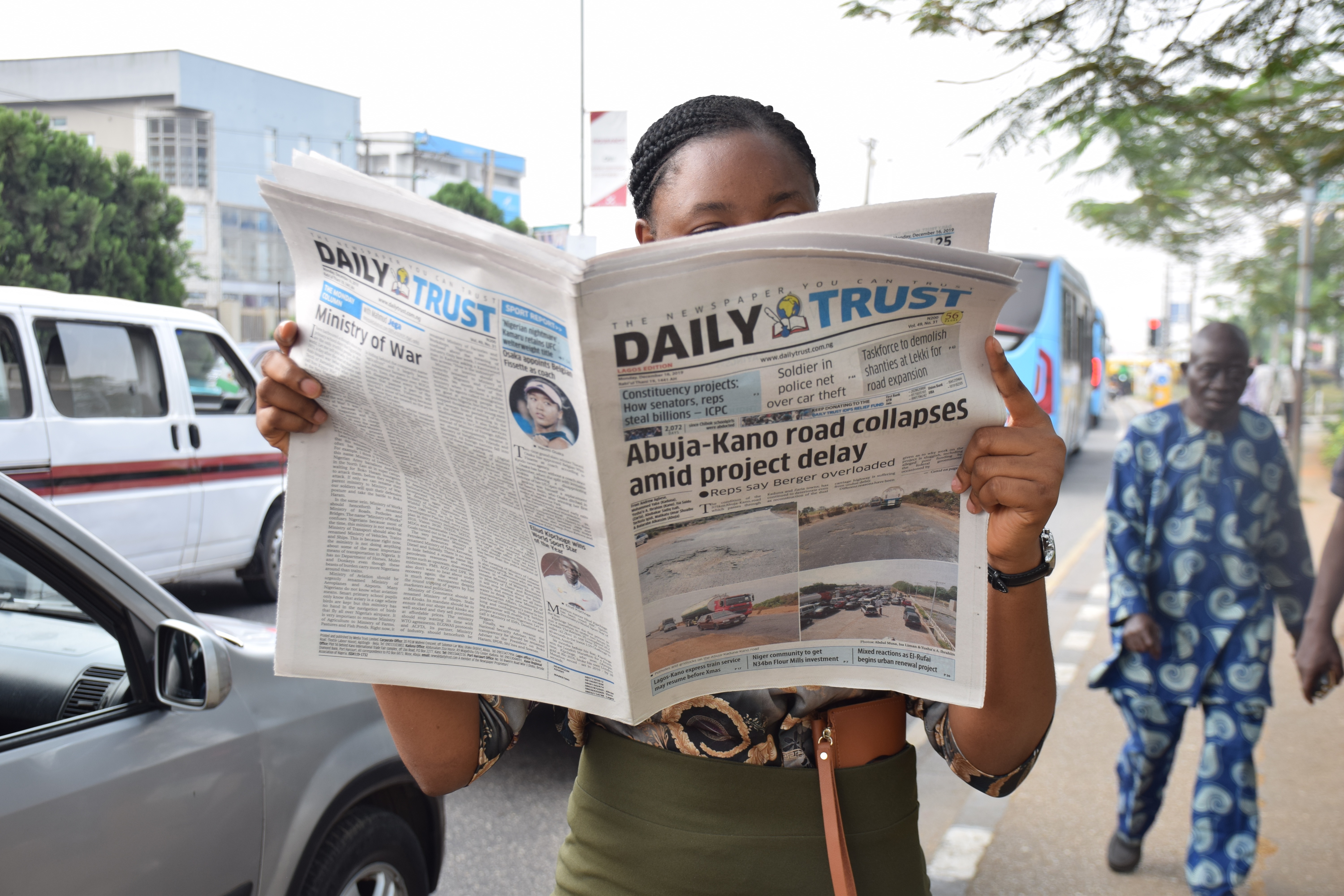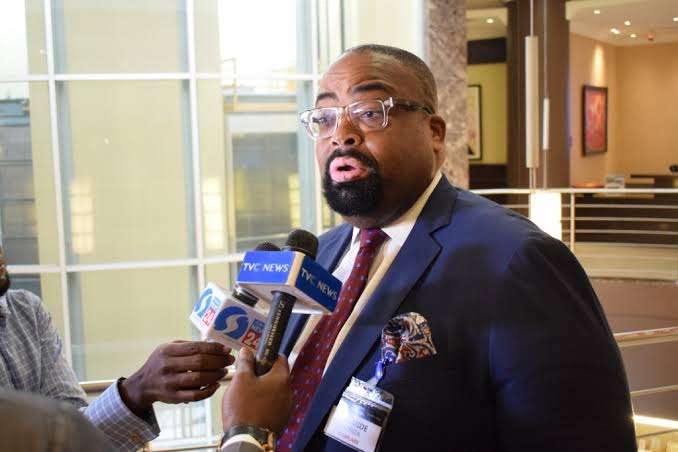Thanks to the coronavirus pandemic, the sordid situation in various sectors of life in Nigeria have become even more unconcealable. If anything, the pandemic has unravelled the unmistakable divide between government’s performance and pronouncements since Independence in 1960. It has also exposed the palpable indifference of public office holders to issues of nation-building. In not so many words, they have told citizens to firmly hold their destiny in their hands. This period, then, is one of the best times to ask critical questions as we try to imagine Nigeria in the next 10 or 15 years; to assess the level of preparedness to deal with issues that will distinguish countries that will flourish from the ones that will flounder. One of such issues is education. A nation that pays lip service to the development of education, post-COVID-19, can never be globally competitive. It is thus safe to examine the past to be able to ask questions about the future of education in Nigeria and how we are equipping our youth to collaborate and compete in a boundaryless world.
Going by what currently obtains in the sector, we cannot deny knowing where we are headed. For sure, it is not a good place. How so? Successive governments, we know, have failed to appreciate or acknowledge the multiplicity of challenges that we face as a direct consequence of the passive attitude we have paid to investing in our people, particularly youth and children. This is evident in the flip-flop in educational policies and half-hearted execution of those policies, which support the view that preparing the majority of our children and youth to be useful and relevant in the 21st-century world has not been a major priority of successive administrations in Nigeria.
And it is deliberate. The politicians know this. Where other countries are seriously working to educate their populace and equipping them to be relevant in their chosen fields, our leaders are selectively shipping their wards to ivy-league schools abroad to perpetuate the socio-economic disequilibrium between the elite and the masses. And they are the quickest to rub it in by sharing pictures of their children’s graduation in both the traditional and social media.
How can we hope for a miracle when we have not prepared to receive one? How can we possibly discuss the future of Nigeria without preparing the youth on whose shoulders the future rests? Yet, public officers discuss the creation of millions of jobs in an era where the demands and dynamics are completely different. In the lingo of the youth, all na wash!
Advertisement
The countries that make progress are those that have internalised the admonition of the late global statesman, Nelson Mandela that: “Children of today are the leaders of tomorrow and education is a very important weapon to prepare children for their future roles as leaders of the community.” These countries also make progress in the swift transition from geriatric to virile leadership that fully grasp and can respond to the global issues of the day. But what do we have here?
The statistics are grim and point toward dreary days ahead. It is instructive that of all member countries in the E9 forum, Nigeria is the only one that spends less than 20% of its annual budget on education. The Forum, which was formed to achieve UNESCO’s Education For All (EFA) Initiative include Bangladesh, Brazil, China, Egypt, India, Indonesia, Mexico, and Pakistan. The 2020 allocation for education is N671.07 billion or about $174 million (N386.02 = $1 exchange rate) and sits at 6.2% of the revised 2020 budget (N10.8 trillion). Conservatively, this is less than 0.04% of our Gross Domestic Product (GDP), which is a far cry from the recommendation that allocation for education should be at least 6% of GDP. This is in a country that plans to spend N27.7 billion on the renovation of the National Assembly!
The consequence of the inadequate budgetary allocation to education is the social misnomer we have created where many graduates from our tertiary institutions are barely literate and evidently lack requisite 21st century skill sets that could have made them competitive in the global labour market. Naturally, they are unable to fit into diverse areas of disruptive innovation such as artificial intelligence, the Internet of Things (IoT) and robotics. Elsewhere, most of these technologies are driven by young people who are put through a system that prepares them well enough to cope with the dynamics of the ‘workplace’.
Advertisement
Several other problems cannot also be discountenanced. Whereas there is so much talk about the rate of unemployment which currently stands at 27.1% (Nigerian Bureau of Statistics figures), the real problem is one of growing ‘unemployability’ of today’s graduates. Much of this problem stems from the outdated training manuals of tertiary institutions. The implication is that the ‘graduate’ is caught between the rock and the hard place: between seeking employment with the government that cannot create jobs to match the churn out of graduates and an organised private sector that cannot accommodate a workforce that suffers obvious professional handicaps in an age marked by sustaining and disruptive innovations.
If there is a lesson to be learnt from the experience of the coronavirus pandemic with the attendant massive loss of jobs around the world, it is that Nigeria must begin today to prepare her youth for the future of work. Everything has since been digitised and people will no longer be paid for ‘paperwork’ but for the incorporation of digital skills in their various areas of expertise. The adoption of digital technologies deserves very serious attention, and particularly in the provision and upgrade of facilities to support online learning and assessment. What currently obtains is not good enough.
To not learn from this experience would be to further deepen the rot in our educational system, which will drive us further behind the rest of the world that has since left us behind. We cannot afford that.
In the same vein, the time has come to frontally confront the looming ‘pandemic’ of having more than 13 million children out of school. These are children deprived, ab initio, of a fighting chance and opportunity to thrive in a rapidly changing world. They are children that lack access to opportunities that could have enabled them to develop their unique gifts and contribute to the advancement of our society. They are inexorably neglected and relegated to a permanent life of misery. One need not be clairvoyant to know that Nigeria sits on a keg of gunpowder, as these children, in wrong hands, could easily be groomed to channel their energies to disturbing peace and order in society. If this happens, the issues of insecurity that currently beset Nigeria would be mere child’s play.
Advertisement
True enough, we are still far from the rest of the world in educational development, yet it is not too late to reverse the trend. We only need to change the narrative in which people in power are consumed by their love of primitive acquisitiveness and, in like manner, encourage the youth to see a brighter, rewarding future in which excellence is not by luck or promotion from a godfather. Nigeria must be ready to invest in her youth population, for the better groomed and empowered the young men and women are, the better and brighter the future of the nation. We need to keep pace with the rest of the world by making serious investment in the education of our youth. That way, we can have youth who are leaders of today, and tomorrow.
Views expressed by contributors are strictly personal and not of TheCable.
Add a comment
